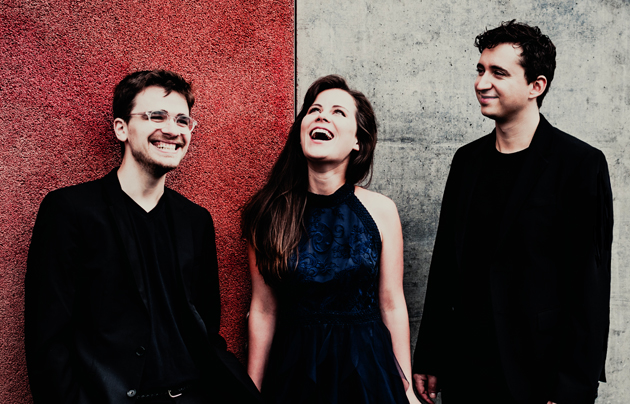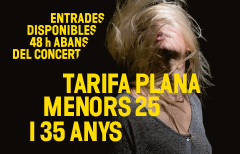Repertoire
Franz Schubert: Piano trio No. 2 in E flat major, D 929 (1827) 45′
Lili Boulanger: D’un soir triste (1918) 10′
Dmitri Shostakovich: Piano trio No. 2 in E minor, Op. 67 (1944) 24′
Artists
Amatis Trio
Lea Hausmann, violin
Samuel Shepherd, cello
Andrei Gologan, piano
Program
PROGRAMBeethoven’s shadow hovers over Schubert’s piano trios, written in a moment of professional frustration and physical suffering – his syphilis was already incurable – and existential anguish. Despite the darkness, the second Piano Trio contains the intensity and lyricism of Schubert at his most romantic. The work is remarkably longer than usual at the time; in fact, Schubert deleted an important part of the last movement in the edited version.
Death and grief also hover over the work of the French woman, Lili Boulanger, the first woman to win the famous Rome Composition Prize. She passed away at the age of 24 and always lived with pain and illness. Her works draw on the impressionism of Debussy and Fauré, along with avant-garde features in the exploration of polytonality. D’un soir triste, written shortly before his death, forms a diptych with D’un matin de printemps, in the same key and based on the same theme.
The personal and the political are inseparable in Dmitri Shostakovich’s work, especially in the elusive, confusingly abstract, and deliberately ambiguous chamber music. The Trio no. 2 is the musical response to a personal mourning, caused by the death of the musician and scientist Ivan Sollertinsky, to whom the work is dedicated, as well as a fraternal mourning for the horrors of war.




